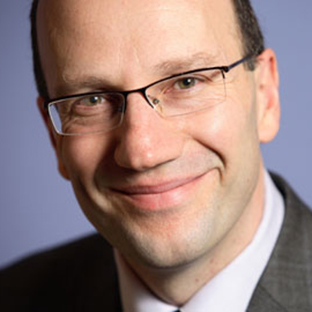Ownership. It is astonishing how something so central to economic life is so little discussed.
House prices and share prices rise and fall, prominent in the news, and with them rise and fall the hopes and fears of many. But when it comes to who owns what, and whether more people or less people do, commentators tend to fall back on assumptions rather than evidence. Even the work on economic inequality, for example, is far richer on incomes than on assets – who owns what is harder to get to, particularly over time.
And yet as Marjorie Kelly argues, ownership, conferring all the benefits and control that implies on those who are the owners, is the “gravitational field that holds our economy in its orbit.”
I have been looking at economic ownership, in work first carried out with Carina Millstone and published by ResPublica, and in an economics slideset, Who Owns It, published for Co-operatives UK on Slideshare. I have updated this for a submission to the Inclusive Growth Commission (click to read the full submission). After all, if you can have inclusive growth without more inclusive ownership, I’d be surprised.
What this shows is that over the last generation, participation in the form of personal ownership has increased but business ownership has declined. The Household Ownership Index has risen from a base of 100 to 121, while the Economic Ownership Index has declined by a third, down from 100 to 65.
After an initial increase in the late 1980s, individual share ownership has halved; and only 12% of the total value of UK traded shares is now owned by individuals. What has displaced it is foreign ownership. At the end of the 1980s, around 13% of the total market value of UK shares was foreign owned. Now it is over half, 54%.
Family ownership remains prevalent, with around two thirds of small business owners describing their business as family owned. And with 17.5 million members, there are more co-operative business owners in the UK than there are individual shareholders.

As Prime Minister, Margaret Thatcher set an aspirational vision thirty years ago in her speech to the Conservative Party Conference for wider ownership across the UK, to get to a society in which three quarters of people owned their own home and it was as common to own shares as cars. This vision of wider economic ownership has failed to emerge.
Every political party talks about it from time to time, but no party makes it a consistent theme in government.
You can’t cover everything, but it was notable that the Emerging Findings from the Inclusive Growth Commission included only a passing reference to asset ownership as a factor in inclusive growth and then went on both to cite ways to measure inclusive growth that exclude a plurality of ownership forms and to offer no consideration to policies to support wider ownership in the emerging recommendations. This is a missed opportunity.
Other countries show what is possible. Japan, for example, despite economic challenges, has doubled the level of shareholder participation over thirty years (to 31%) through patient action.
For the UK, the ownership agenda in policy terms is not about single measures but about four interlocking system changes, across government and its partner agencies:
- recognise and celebrate the contribution of new owners, such as those in self employment and co-operative enterprise, and design policy to recognise their needs and remove barriers to their success
- map and track economic ownership in the UK going forward, alongside the other business data collected by statistical agencies
- recognise the diversity of ownership models and remove regulatory and fiscal barriers to their growth over time
- build into all new proposed regulation a business ownership test, to safeguard against the introduction of new barriers or distortions.
Widening ownership can bring significant gains not just of productivity but also of well-being, spreading an emotional sense of prosperity. It is time to pick up the ownership agenda.
Ed Mayo is Secretary General at Co-operatives UK and author of a new book, Values: how to bring values to life in your business, published by Greenleaf.
Find out more about the RSA Inclusive Growth Commission

Be the first to write a comment
Comments
Please login to post a comment or reply
Don't have an account? Click here to register.